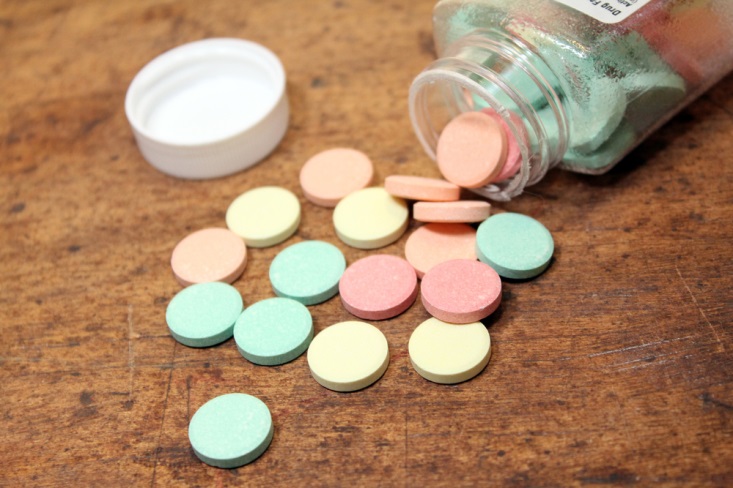Several large studies have been recently published showing a link between chronic long-term use of proton pump inhibitors like Nexium, Prilosec, and Dexilant and the development of dementia, chronic renal failure and heart disease (myocardial infarction). Proton pump inhibitors or PPIs are used by millions of people all over the world. PPIs are a very common prescription medication for PCPS and gastroenterologists. PPIs in the US are over the counter medications and many patients use these powerful drugs on a daily basis with no medical supervision.
A recent study published in Circulation Research demonstrates a cause effect relationship between PPI use and endothelial cell damage. Damage to the blood vessel lining explains brain, heart and kidney damage that has been repeatedly observed in several human epidemiological studies. Indeed, “Long-term use of PPIs may not be good for your body” said Dr. John Cooke a senior author on the study from the department of cardiovascular sciences at Houston Methodist.
The researchers have found that PPIs impair the function of lysosomes in endothelial cells. Lysosomes eliminate unwanted cellular products to keep cells free of damaged proteins and free radicals. Lysosomes contain the same proton pump present in the stomach that produces acid. PPIs block lysosome proton pump function preventing the acidification of lysosomes. As a result, damaged proteins are no longer destroyed and eliminated. Instead, they accumulate in cells leading to aging and death. This may partly explain the increased incidence of vascular dementia, myocardial infarction and renal failure.
Acid secretion is part of normal physiology. GERD is not a disease of increased acid secretion. GERD is the result of gastric juice escaping into the esophagus in the setting of normal acid secretion. GERD is a complex multifactorial problem. Current medical treatment in the form of PPI therapy does not address the underlying GERD pathophysiology nor does it improve patient quality of life. Rather, it is associated with accelerated aging and serious side effects.
Future studies will continue to unravel the side effects of PPIs. GERD is a complex medical problem and the “one pill fits all” treatment model is no longer accepted. If you suffer from weekly GERD related symptoms, get evaluated by a reflux specialist. Visit our website www.houstonheartburn.com and learn more about the disease. Schedule a free consultation and rid yourself of a problem that has many more effective and safer solutions than a purple pill every day.

